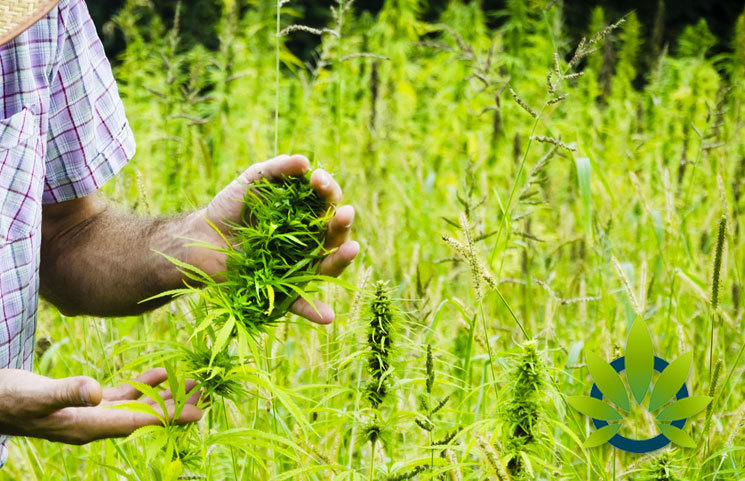Legal & Regulation
Since the 2018 Hemp Farm Bill Passing, the FDA Maintains Stance of Interstate CBD Sales as Unlawful

Cannabis companies and products are increasing in both acceptance and popularity. CBD, in particular, is truly revolutionizing the health and wellness industry. What is unclear, however, are the different laws and regulations governing the industry. State and federal laws differ on the topic rendering production and business complicated. There are also various governing bodies that have opinions on the matter including the US Food and Drug Administration (FDA), the US Department of Agriculture (USDA), the US Postal Service (USPS), and the Transportation Security Administration (TSA). Understanding where these agencies stand is important in determining what we are currently able to do and what we need to change to make improvements for the future of the industry.
Since the Farm Bill of 2018 was passed, the FDA maintains that the interstate sale of CBD is unlawful due to the fact that it has been considered a drug and therefore cannot be considered a food or a supplement. However, with such demand for CBD infused food and beverages as well as dietary supplements, the FDA has been forced to review their stance. On May 31, the agency held a public meeting which gave voice to the companies to provide information and data regarding the CBD market. The FDA also created a working group to evaluate the regulations for the non-drug uses of CBD. There is expected to be an update to this effect later this summer.
The USDA published an opinion letter in May of 2018 to state that the states, as well as Native American tribes, cannot prevent the transportation or shipping of cannabis-based products as per the Farm Bill of 2014. They maintained that the interference of either would be considered illegal since the Farm Bill of 2018 allows for the production of cannabis and hemp products under other Federal laws, including the Farm Bill of 2014. This opinion letter is non-binding; however, it is clear that the USDA does not support state or tribe interference with lawfully grown and processed products.
The USPS released a statement in March of 2019 to shed light on the mailing and shipment of CBD products. The most recent guidelines, made clear in June, allow for the mailing of products as long as the levels of THC do not surpass 0.3%. The mailer must also be in line with all federal, state, and local laws concerning production, distribution, and sale. Further, the mailer must retain records of such for no less than two years after the mailing date. With that said, they highlight that the mailing of food and dietary supplements would be legal since they are not approved by the FDA. This matter still needs to be clarified by the USPS and officially litigated.
The TSA has been notoriously confusing when it comes to traveling with CBD products. They have since made clarifications to state that the transportation of CBD products remains illegal under federal law if they surpass the legal amount of 0.3% THC or unless they are approved by the FDA. This reads that products that are still not approved by the FDA but remain under the legal THC level are permitted for travel. However, travelers should still proceed with caution as the final decision can be made by the TSA officer and the TSA could test products to verify their THC amount. However, current tests used by the TSA can only determine if THC is present and are not sophisticated enough to determine exact levels.
While all of these agencies appear to have regulations that legalize the transportation and shipping of CBD products, there is still a lot of gray area and companies and travelers should proceed with caution. The policies are too broad and leave too much room for interpretation or judgement from officers or local law enforcement. This is expected to change as CBD becomes more widely accepted, but it takes time to change mindsets as well as regulations.






